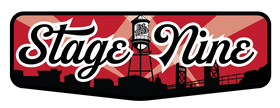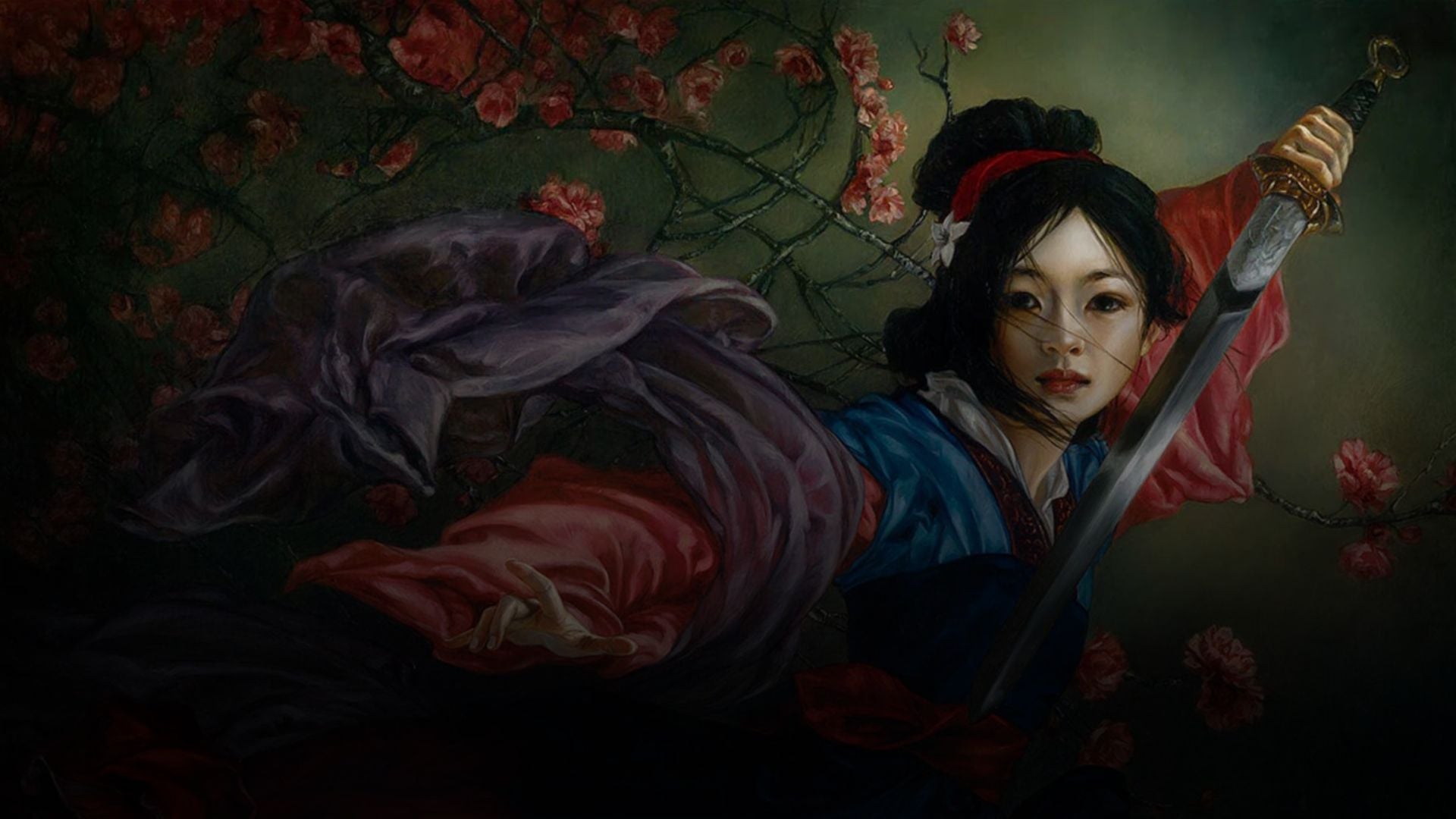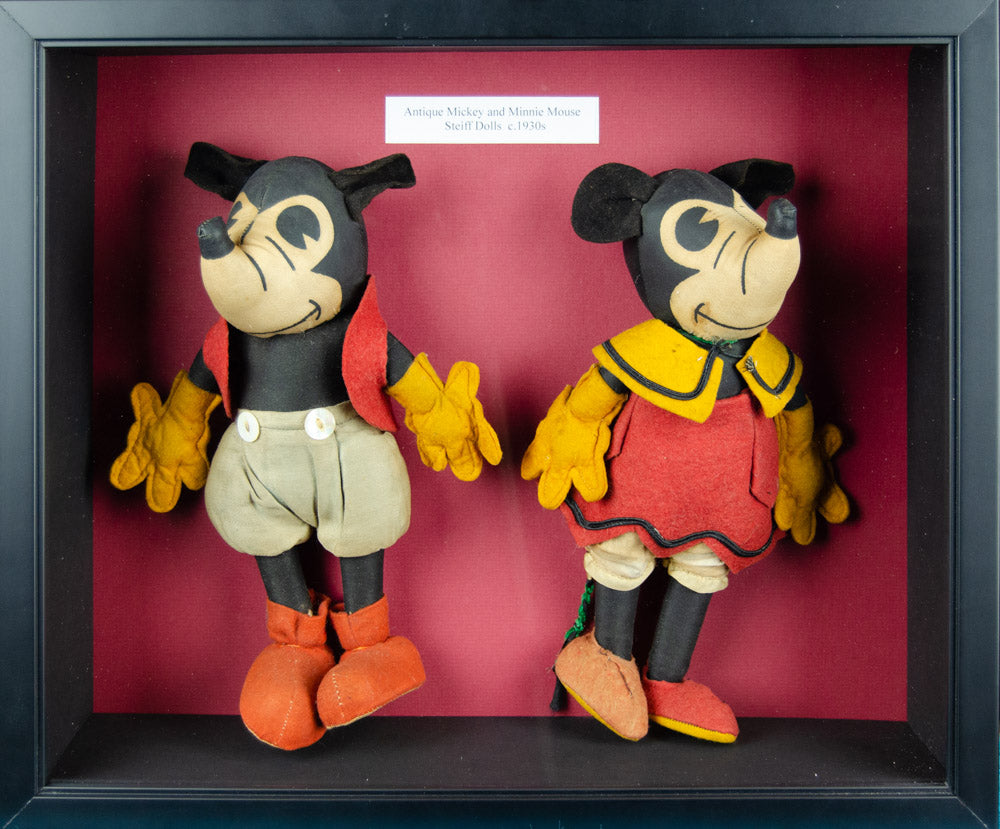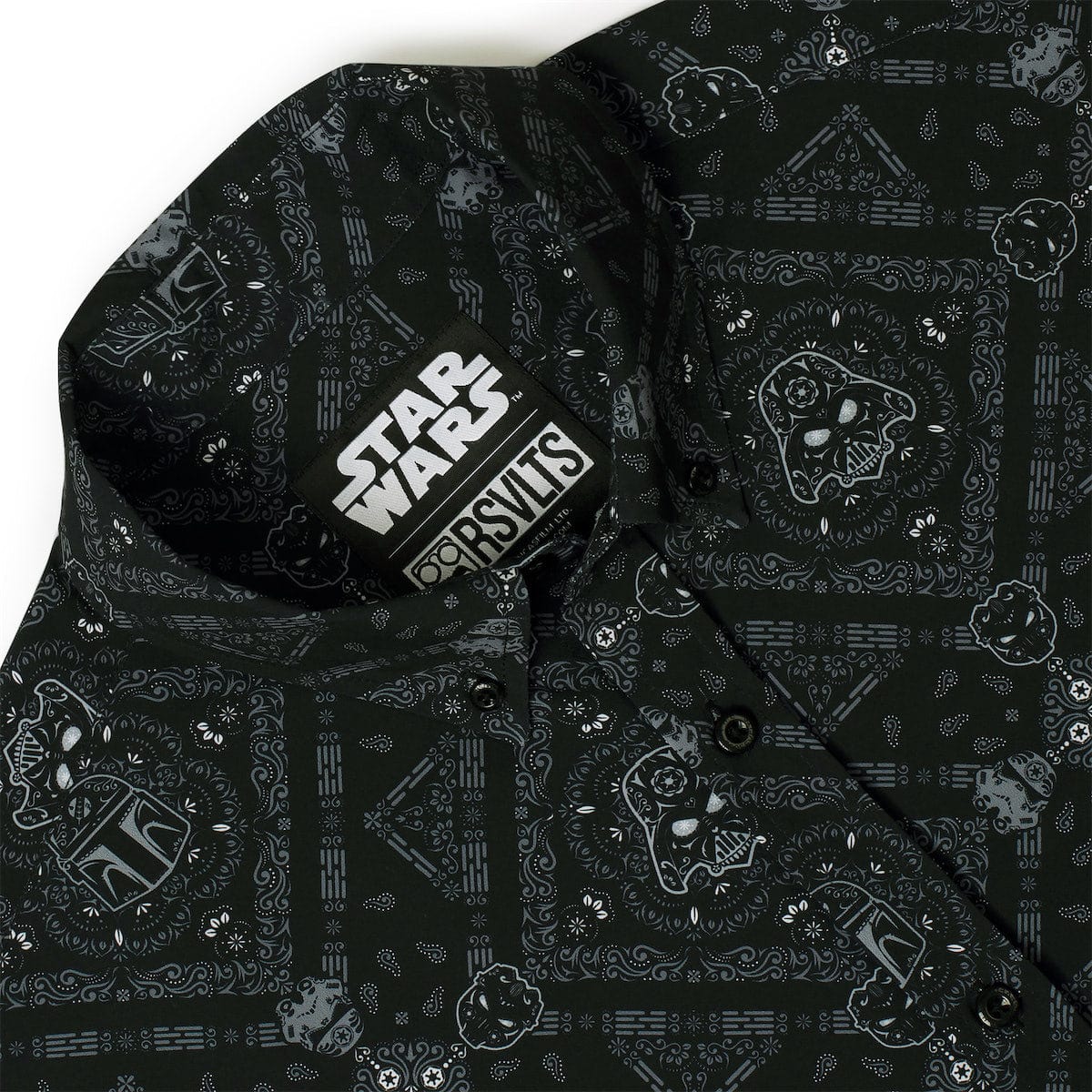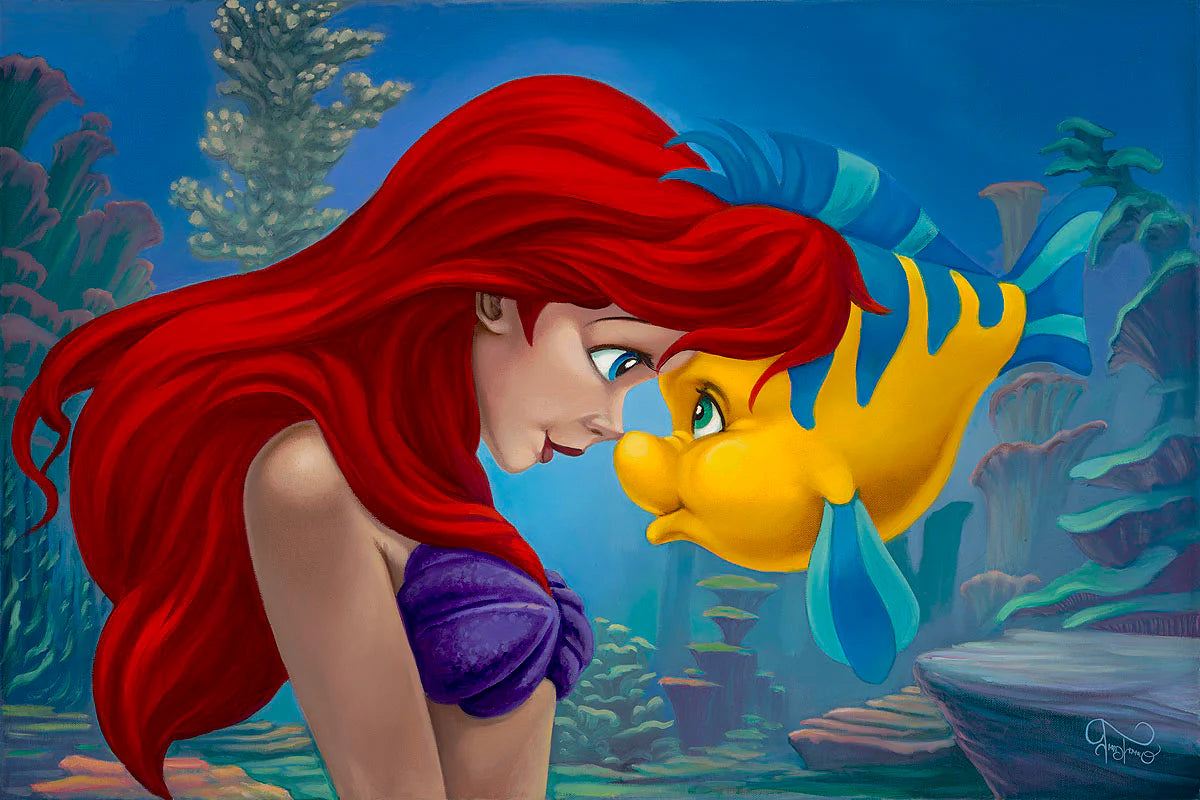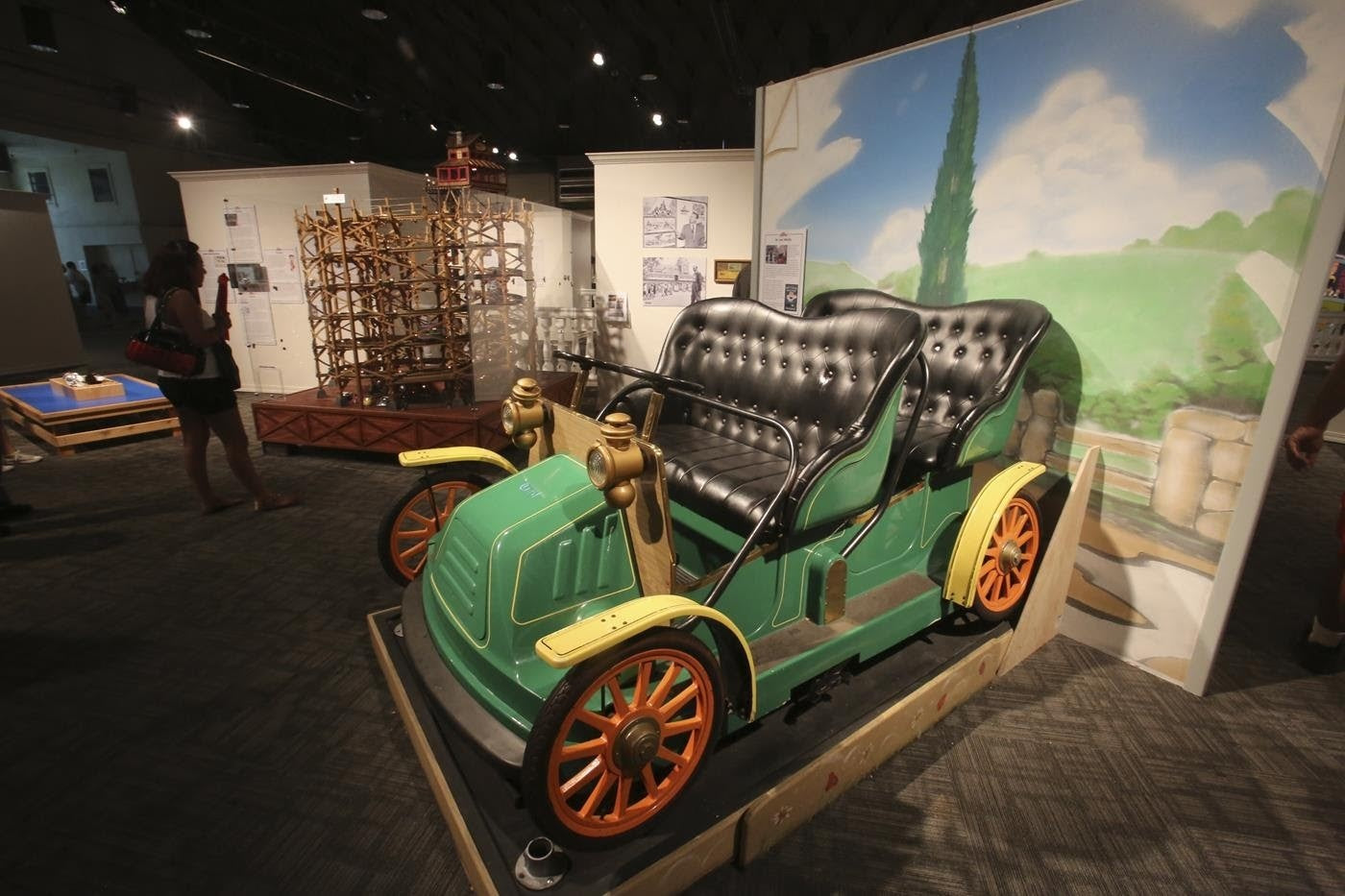ABOUT THIS PRODUCT
Hand Painted Limited Edition Cel (Not Framed or Matted) by Friz Freleng Size: 10.25 x 10.5 Certificate of Authenticity Included About Hand-painted limited edition cels showcase legendary characters and recreate classic moments from great cartoons, using the same materials and techniques as were used in making the originals. Some limited editions are exact reproductions of frames from the films they represent, while others, such as Chuck Jones’ limited editions, are based on the artist’s interpretations of classic animation characters and scenes. In either case, the animator’s drawing is transferred onto acetate cels, then each is meticulously hand-painted by studio artists. Cel painting is a time-honored, and extremely exacting process requiring that each color be individually applied by hand. Many hand-painted limited edition cels are made up of more than a dozen individual colors, and in some cases several dozen paints are used. It takes the skilled hand of a highly skilled and experienced cel painter to bring these fine art pieces to life. Each piece is hand-numbered in small edition sizes (generally between 100 and 750) and comes with a studio-issued certificate of authenticity detailing the origins, techniques, and size of the edition. In some cases the finished cels are signed by the animation legends upon whose work they are based. Pieces signed by Chuck Jones, Friz Freleng, Bill Hanna, Joe Barbera, Matt Groening and other animation pioneers are very much in demand by collectors. As the great majority of original production cels from the 1940’s, 50’s and 60’s are no longer in existence, hand-painted limited edition cels allow collectors an unparalleled opportunity to enjoy some of the greatest moments in the history of animation. About The Artist Friz Freleng was born Isadore Freleng on August 21, 1906 in Kansas City, Missouri. With no formal training in drawing, his first job as an animator was with United Film Advancement Services in 1924 at the age of 17. The first work Friz is credited with was for Disney Studios where he worked as an animator on the "Alice" series in 1927. Friz then did some animation for Robert Winkler Productions in 1928 starting with Fiery Fireman and for Screen Gems (Port Whines) in 1929, but it was his work in Bosko the Talk-Ink Kid (1929) in 1929 under the direction of Hugh Harmon and Rudolf Ising when he first worked for Warner Brothers, though known at that time as Leon Schlesinger Studios. Under Leon Schlesinger's supervision in the budding animation department of Warner Brothers, Freleng's career as an animator and director rocketed, producing some of the most beloved cartoons in America's golden age of animation. Freleng worked as the head animator and oftentimes producer on the two main animation subdivisions established by Warner Brothers, Looney Toons and Merrie Melodies. In the late forties, after Tex Avery and Robert Clampett had left Warner Brothers, Freleng's career as a director soared. Though nominated throughout his career for numerous Academy Awards, it wasn't until 1947 that he eventually took the Oscar for Tweetie Pie (1947). Freleng then won Oscars for Speedy Gonzales (1955) in 1955, Birds Anonymous (1957) in 1957, Knighty Knight Bugs (1958) in 1958, and The Pink Phink (1964) in 1964. In 1963, Freleng along with David De Patie created the DePatie-Freleng Studio that specialized in short films and television commercials. It was here that Freleng enjoyed great success with his Pink Panther television series. Freleng returned to Warner Brothers to direct a number of specials, such as Daffy Duck's Quackbusters (1988) and Porky Pig in Hollywood. In 1986, Freleng appeared as himself in the Looney Tunes 50th Anniversary (1986), and three years later he made another appearance in the television special, Roger Rabbit and the Secrets of Toon Town (1988). Freleng, in addition to his production work, wrote the script for The Looney, Looney, Looney Bugs Bunny Movie (1981), while contributing to the Bugs Bunny's 3rd Movie: 1001 Rabbit Tales (1982) and Daffy Duck's Movie: Fantastic Island (1983). He also penned the book "Animation: The Art of Friz Freleng" (1994).
